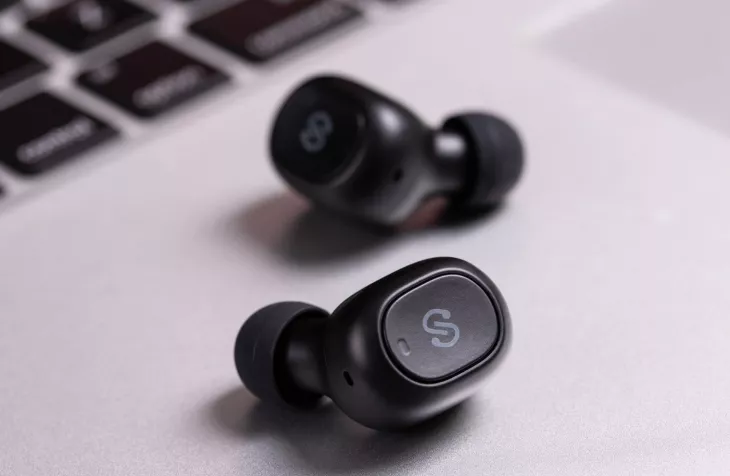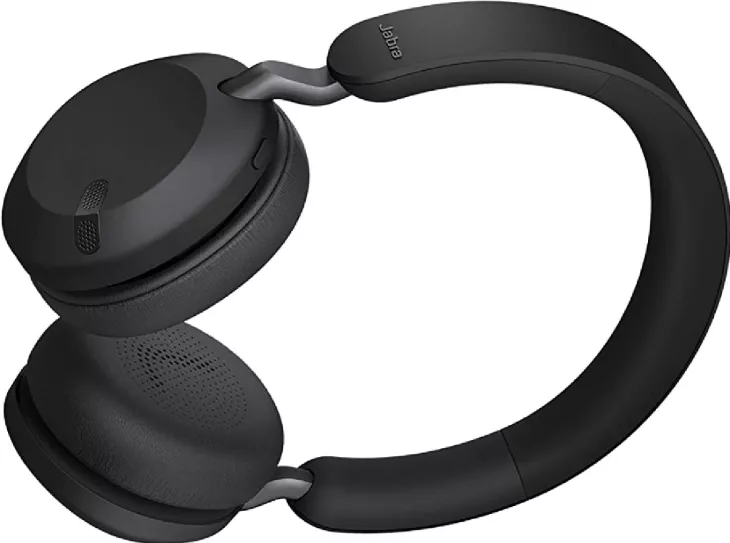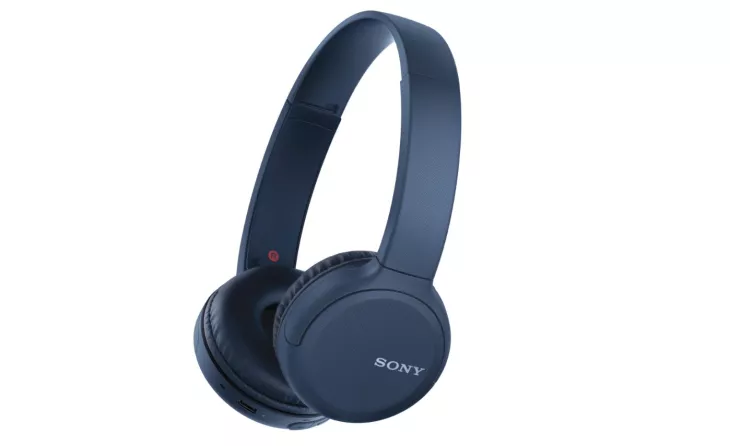As all of our technology continues to see major updates every year, headphones are no exception. The best Bluetooth headphones have taken the tech and audiophile world by storm due to their convenience and features. But are those tempting “high-tech” qualities really worth it? Are Bluetooth headphones ever a bad choice?
This article breaks down seven weaknesses of Bluetooth headphones and why you should consider turning off the Bluetooth and plugging in that 3.5mm AUX cord.
1. Sound Quality
This much is clear: Bluetooth headphones simply cannot compete with the top wired headphones. Of course, not all wired headphones are better than wireless—there are plenty of awful headphones in the market, on both sides. But the best Bluetooth headphones are nowhere near the performance of the best wired headphones, the ceiling is much, much higher. You can almost always get more bang for your buck from wired headphones than Bluetooth, because you aren’t paying a premium for the latest wireless technologies.
Wireless headphones could overtake wired headphones in the future with the right Bluetooth updates, but so far that hasn’t happened. There are amazing Bluetooth headphones, like the Sony WH-1000XM4 or Shure AONIC 50, but these are an exception and none of them can compete with headphones like the Sennheiser HD800.
Bluetooth does a great job transmitting music for the average commuter, but when background noise blocks out tons of music notes, the quality falls fast. Most people can’t tell the difference between a FLAC file and a 320kps MP3 file, but a true audiophile will appreciate the higher bar held by wired headphones.
2. Options
More Bluetooth headphones appear every day, but there are decades of wired headphones to choose from. These options range from the cheapest possible headphones to ones that cost thousands of dollars.
Bluetooth headphones are rarely more than $400. That’s more than most people want to spend, but it’s also far less money than top-of-the-line wired headphones tend to cost. Bluetooth headphones are already less cost-efficient, but now you also can’t even get to the highest tier of sound quality.
And if you think wired headphones are going away with DVDs and home telephones, just visit an online audio forum—the audiophile community is staying strong, not declining.
3. Batteries
Another battery that I have to charge, really?
There’s nothing worse than planning on listening to music on a flight or a podcast on your way to work when—silence—your battery died. Battery tech is always improving, but your headphones will inevitably die on you someday. When that happens, you need to switch out the battery, which many headphones don’t allow. Now, your headphones are dead and useless. None of us want one more battery to charge, in addition to our phones, laptops, electric cars, vacuums, etc.
4. Longevity
Bluetooth headphones are always in danger of becoming antiquated. Bluetooth and battery tech are constantly improving, and new features are frequently added. As new Bluetooth headphones advance further, older models are left in the dust—and not in the cool, retro, Polaroid or record player kind of way.
Wired headphones improve too, but they don’t become obsolete as fast as Bluetooth headphones do. Grado’s SR80 has been around since 1994, and Koss’ PortaPro has been rocking it since 1984. Sennheiser’s HD600 has been out for more than two decades and is one of the most beloved headphones in existence, and there are many other faithful classics.
It’s hard to imagine the latest Bluetooth headphones, or even wireless earbuds, will be useful in five to ten years—if they don’t break before then.
5. Cost
Bluetooth headphones are the winner of the convenience Olympics since you don’t have to trip over a long wire that always manages to get ripped out. But when you’re spending $50-100 more than you would on a wired equivalent, you might want to save the money for something else—or put it towards even higher quality wired headphones.
6. Durability
You would think the removal of the wire, the most vulnerable point of a wired pair of headphones, would make Bluetooth headphones tougher. However, almost every new wired headphone features a removable cord these days.
But that isn’t even the biggest issue: the addition of internal wireless technology. We’ve all dropped an expensive piece of technology at some point—a phone, a laptop, or some headphones—but thankfully they usually recover. But we know that isn’t always the case, and the extra internal vulnerability of Bluetooth headphones might not be worth the risk.
Wired headphones are tougher and less expensive to repair.
7. Reliability
Finally, Bluetooth is simply just not as reliable as a classic 3.5mm AUX cord, or whatever wire you use.
Bluetooth headphones introduce a dozen new potential issues. Connection issues can plague even the best Bluetooth headphones, whether it’s from your phone or laptop being out of date, or you dropped your headphones on the floor and now it takes them five minutes to connect to a new device. There’s a lot that can go wrong with a wireless connection.
Wired headphones are impervious to the presence of other Bluetooth devices. They never skip notes or songs. You plug them in, then you unplug—done. They will always give you the same quality of music. Wired headphones have almost none of the weaknesses Bluetooth headphones do, except perhaps the dangers of a dump in the tub, and for this reason, they are dependable and relentlessly reliable.
Conclusion
For these reasons and more, wired headphones are a worthy consideration. Are they a clear winner? No. Bluetooth is more convenient, and I would be distraught to be forced to return to the wired cousin of my AirPods. However, the quality and dependability of wired headphones are hard to beat. There are some ways to get the best of both worlds, such as an optional Bluetooth adapter, such as this one from APEKX. At the end of the day, as you search for the best headphones, you still have to choose your priority: quality or convenience?



















